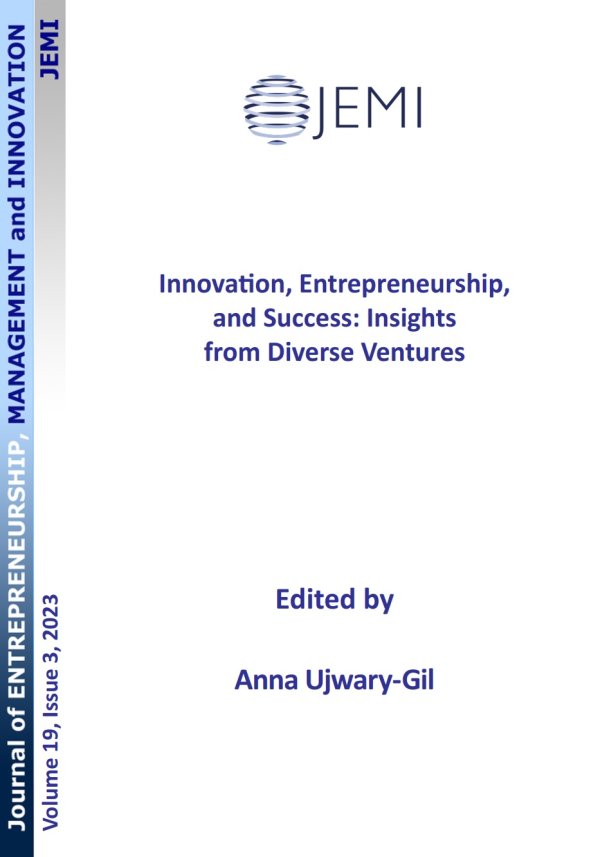Kesara Wimal, MBA, MSc in Advanced Software Engineering, School of Computer Science and Engineering, University of Westminster, London W1B 2HW, United Kingdom, e-mail: This email address is being protected from spambots. You need JavaScript enabled to view it. 
Selvaratnam Ajendra, MBA, ACMA, CGMA, Lecturer, Global Banking School (GBS), Greenford UB6 0HE, United Kingdom, e-mail: This email address is being protected from spambots. You need JavaScript enabled to view it. 
Abstract
PURPOSE: The main purpose of this qualitative study was to explore tech start-up failures in Sri Lanka to emerge themes that explain the critical factors that are impacting failures of Sri Lankan tech start-ups and also to identify recommendations that could help evade those factors. The paper also presents the finding to enrich tech entrepreneurs to build their strategies with an understanding of factors that leads to failure and to make well-educated decisions. METHODOLOGY: The study is based on a qualitative research approach that helps to present findings in a theoretical way. A phenomenological analysis has been used to identify, understand, and analyze the phenomena of tech start-up failures. Twelve start-up leaders participated in this study and shared their lived experiences of tech start-up failures in Sri Lanka. Interviews were conducted with them based on twelve interview questions and twelve core themes emerged based on the participants’ lived experiences. In analyzing data, the modified Van Kaam approach was used, utilizing a seven-step framework that considers the structural and textual aspects of experiences, as well as the perceptual characteristics of the phenomenon. FINDINGS: The themes answered the key research question of the study: What are the critical factors that are impacting on failures of tech start-ups in Sri Lanka? The cause of tech start-up failures according to the current study varied including, financial uncertainty, no market research, no product–market fit, paranoid behaviors of innovators, lack of timely response to changing conditions, and location of the venture. IMPLICATIONS: The paper concisely presents twelve critical reasons for tech start-up failures. The results of the research will enable Sri Lankan tech start-ups to identify key factors of failure for the growth of their surviving strategies. Identifying secret obstacles in the industry helps entrepreneurs prepare for pitfalls and provides guidelines for policymakers to make informed choices when implementing national policies. More importantly, it has been discovered that the major areas that require more attention are leadership, funding, marketing, and innovation. Finally, four groups of recommendations have been discussed under financing, market research, leadership, and inventors. ORIGINALITY AND VALUE: The comparison of the current study themes with the findings of related studies is inconclusive because the literature on tech start-up failures in other countries and in Sri Lanka is minimal. Some of the themes align with the findings of research conducted in other countries, although there were some themes that were explored uniquely.
Keywords: entrepreneurship, tech entrepreneur, start-up failure, critical success factors, software start-up, survival strategies, technology start-up






